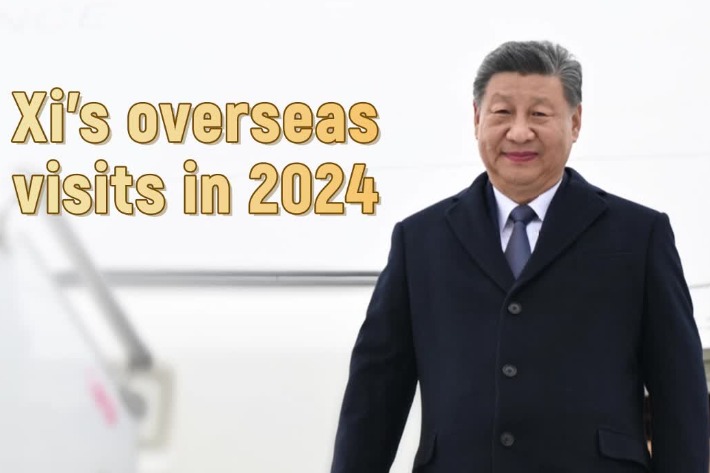US is ahead of China-in poverty stakes

 |
| China last year as more city-dwellers prefer a taste of the country life during holidays, and governments hope the burgeoning sector will help relieve poverty. [Photo/Xinhua] |
President Xi Jinping has made eradicating poverty one of his main targets, and he has so far been spectacularly successful. World Bank data show 500 million people were lifted out of poverty between 1981-when the figure was 81 percent of the population-and 2012, when the number of people living on less than $1.90 a day in local purchasing terms fell to 6.5 percent.
Now, that figure is even lower-World Bank extrapolation of data estimates it was as low as 4.1 percent of the population in 2014. Just compare that to the US, where the latest figures available, from the 2015 Census Bureau, show 13.5 percent of its citizens living in poverty. Of those, 50 percent live below the threshold set by the government, a complex measure of diet, family size and the age of the main householders.
China is on course to overtake the US as the world's largest economy in the not-so-distant future, and that is where you have to look for the basic reasons for China's success in poverty reduction. Its improvements were achieved by urban migration, better transportation infrastructure and the subsequent relocation of poor people from certain regions to more developed urban areas, where employment is available. Those, plus a changing economy.
In addition, a form of basic rural pension has been introduced.
In other words, an economy on the move has triggered employment opportunities for millions.
Since China joined the World Trade Organization in 2001, poverty reduction has accelerated and the overall number of people living in poverty has been slashed by a third in just three years. Nobel Prize-winning economist Arthur Lewis noted way back in 1954 that key factors in poverty alleviation were improved access to education and migration from a rural environment to an urban one. That is now manifestly happening in China.
One of the obstacles to urban migration has been the hukou (household registration) system, under which residents are defined as living in rural areas or urban zones. But that is changing and recently Premier Li Keqiang said the government aims to provide 100 million migrant workers with urban hukou by 2020-and so far, the government appears to be spectacularly on track. According to The Diplomat website, 28.9 million new certificates were issued in 2016.
So much for China-but what about the US? There, the situation is more complex.
US President Donald Trump swept into power with the promise to revitalize the coal and steel sectors, create tens of thousands of jobs for unemployed people in the depressed so-called Rust Belt in the middle part of the US.
But there is little sign of a revival, except perhaps in the coal-mining sector.
In the US, various safety nets apply, though not uniformly. Food stamps are available to the poor, as are various medical benefits. Former US president Barack Obama attempted to improve things with his Obamacare plan to bring medical insurance to many more people. Trump, however, seems intent on changing that.
So, for the US, the way out of poverty for millions seems to be increased employment. But there's a question mark over whether Trump's policies will achieve that.
Meanwhile, China is aiming for GDP growth of 6.5 percent in 2017. Contrast that with the US, where GDP growth was 2 percent in January.
You do the math, as my US cousins would say.
The author is managing editor of the China Daily European Bureau. [email protected]

































